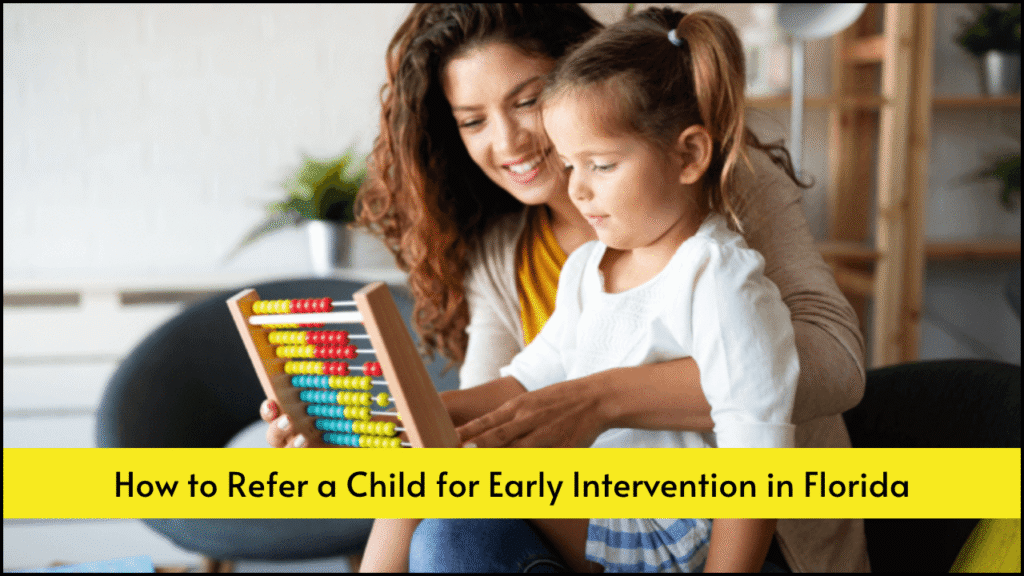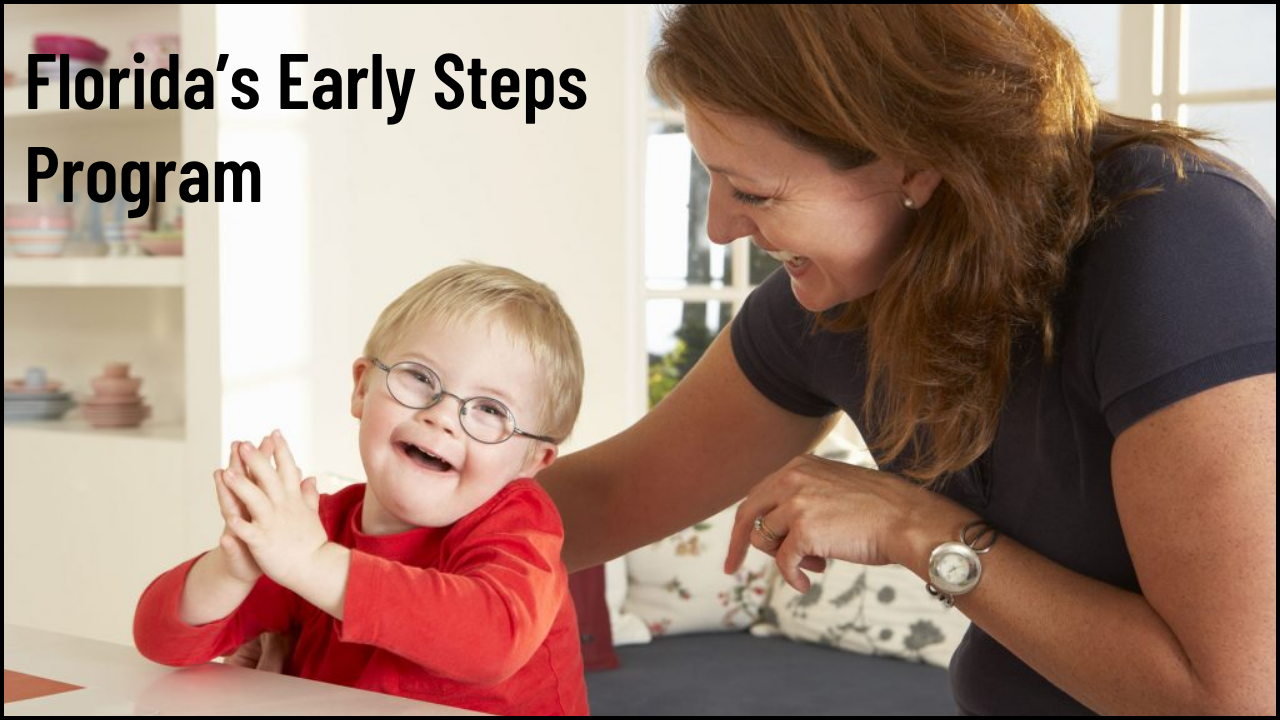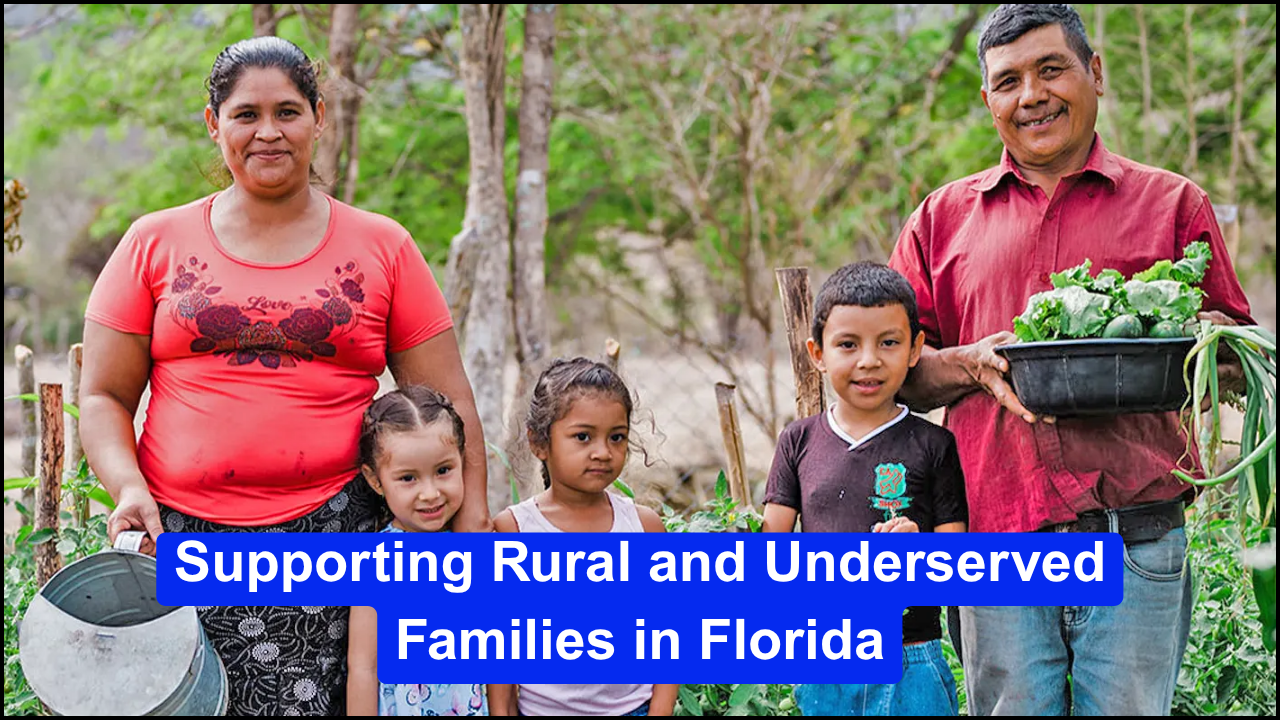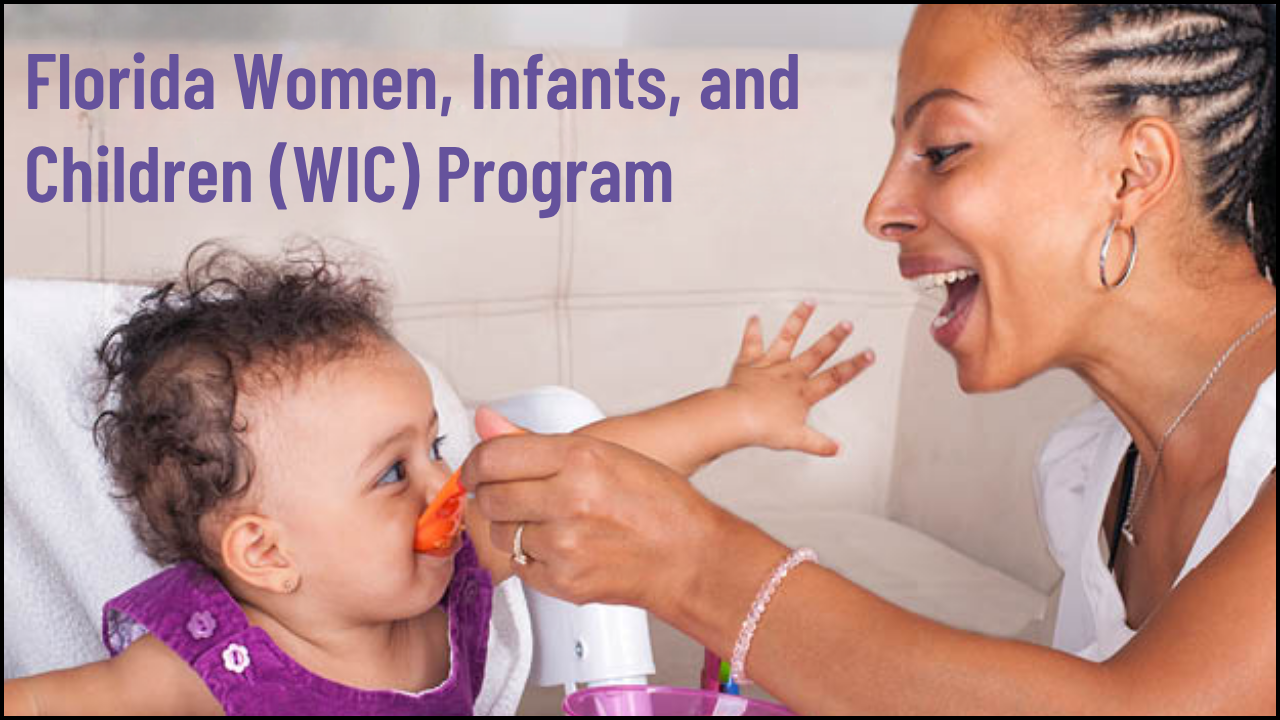
Early intervention plays a crucial role in supporting young children with developmental delays or disabilities. Florida’s Early Steps program provides services to children from birth to 36 months who exhibit signs of developmental challenges. Families, healthcare providers, and educators can initiate referrals. Understanding the referral process ensures that children receive timely support to enhance their development and quality of life.
Table of Contents
Eligibility for Early Intervention Services in Florida
Eligibility depends on specific developmental criteria, age, and residency in Florida. The child must be under three years of age and show measurable delays in development or have a diagnosed condition that is likely to result in developmental delays.
- Age Requirement: Children must be under 36 months.
- Residency: Child must live in the state of Florida.
- Developmental Delay: Delay in cognitive, communication, physical, social-emotional, or adaptive development.
- Established Condition: Diagnosed conditions such as Down syndrome, cerebral palsy, or hearing loss.
Individuals Who Can Make a Referral
Florida encourages a wide range of individuals to refer children to Early Steps. A referral does not require a formal diagnosis.
- Parents or Guardians: Can refer their child at any time.
- Pediatricians or Family Doctors: Often the first to notice delays during routine checkups.
- Childcare Providers: May detect issues in speech, movement, or social interactions.
- Social Workers or Case Managers: Can refer children involved in foster care or social programs.
- Hospitals or NICUs: Often refer infants with birth complications or low birth weight.
Steps to Refer a Child to Florida Early Steps
Referring a child to Early Steps is a straightforward process that involves a few essential steps. Timeliness is critical to maximize developmental outcomes.
- Step 1: Observe and Identify
Identify signs such as limited speech, poor coordination, or lack of response to sounds. - Step 2: Collect Basic Information
Information such as name, date of birth, parent contact, and developmental concerns must be gathered. - Step 3: Contact Early Steps
Referrals can be made via phone, online form, or by faxing the referral form to a local Early Steps office. - Step 4: Confirm Submission
Follow up to ensure the referral was received and is being processed. - Step 5: Participate in Screening and Evaluation
Once accepted, a Service Coordinator contacts the family to schedule developmental screening and evaluations.
Early Steps Regional Offices Contact Information
| Region | Office Name | Phone Number | Coverage Area |
|---|---|---|---|
| Central Florida | Central Florida Early Steps | (407) 317-7430 | Orange, Osceola, Seminole |
| South Florida | South Florida Early Steps | (305) 929-8705 | Miami-Dade, Monroe |
| Northeast Florida | Northeast Florida Early Steps | (904) 360-7022 | Duval, Clay, Nassau |
| West Central Florida | Gulf Central Early Steps | (813) 974-0602 | Hillsborough, Pasco, Polk |
| Northwest Florida | Emerald Coast Early Steps | (850) 416-7656 | Escambia, Okaloosa, Santa Rosa |
Required Information for Referral
Accurate and complete information ensures the child is contacted quickly for assessment.
- Child’s Full Name and Date of Birth
- Parent or Guardian Contact Information
- Suspected Developmental Concerns
- Referring Individual’s Name and Contact
- Primary Language Spoken at Home
- Medical or Diagnosed Conditions (if any)
Timelines After Referral Submission
Timeframes are regulated to ensure quick service delivery. Prompt contact and assessment benefit the child’s growth.
| Action | Timeframe |
|---|---|
| Initial Contact with Family | Within 5 business days |
| First Screening or Evaluation | Within 45 calendar days |
| Individualized Family Service Plan (IFSP) Meeting | Within 45 days of referral |
| Start of Services After IFSP | As soon as possible after IFSP |
Role of the Service Coordinator
A Service Coordinator is assigned to each family once a referral is accepted. This person acts as the main point of contact.
- Schedules Evaluations: Coordinates appointments for assessments.
- Develops IFSP: Works with the family to create a plan tailored to the child’s needs.
- Monitors Progress: Tracks child development and ensures services are adjusted as needed.
- Connects to Resources: Helps families find community support and resources.
Developmental Domains Assessed During Evaluation
Florida Early Steps evaluates five key areas of development to determine the level of need.
| Developmental Domain | Examples of Concern |
|---|---|
| Communication | Limited vocabulary, unclear speech, no babbling |
| Motor Skills | Trouble crawling, walking, or using hands |
| Cognitive | Difficulty with problem-solving or understanding |
| Social-Emotional | Lack of eye contact, not engaging with caregivers |
| Adaptive Skills | Challenges with feeding, dressing, or routines |
When to Refer – Warning Signs in Development
Parents and caregivers should look out for key red flags that may indicate developmental delays.
- No babbling by 9 months
- Not walking by 18 months
- Limited eye contact or interaction
- No words by 16 months
- Frequent tantrums beyond age 2
- Poor motor coordination or muscle stiffness
Benefits of Early Intervention
Early Steps services are family-centered and offered at no direct cost to the family. Intervening early offers long-term developmental advantages.
- Improved Cognitive and Social Skills: Children often catch up with peers in critical developmental areas.
- Family Empowerment: Families gain confidence in supporting their child’s needs.
- School Readiness: Children with early support enter school with fewer learning challenges.
- Access to Therapists: Services may include physical, occupational, or speech therapy based on IFSP goals.
Available Services Through Early Steps
| Service Type | Purpose |
|---|---|
| Physical Therapy | Improves motor skills like crawling, standing, walking |
| Occupational Therapy | Enhances hand use, feeding, and dressing |
| Speech-Language Therapy | Improves communication, understanding, and language use |
| Family Training & Counseling | Supports caregivers in managing challenges |
| Assistive Technology | Devices to aid development (e.g., special chairs, toys) |
How Parents Can Support the Process
Parental involvement is essential for the success of early intervention.
- Provide Full Information: Share observations, medical history, and questions.
- Attend Appointments: Participate in every stage, from evaluation to service sessions.
- Use Activities at Home: Practice suggested exercises with the child daily.
- Stay in Contact: Maintain communication with Service Coordinators and therapists.
How Early Steps Protects Family Rights
Parents have specific rights under the Individuals with Disabilities Education Act (IDEA), Part C, which governs early intervention.
- Right to Informed Consent: No services begin without parental approval.
- Right to Confidentiality: All records and discussions are kept private.
- Right to Dispute Resolution: Families can file complaints or request mediation.
The Bottom Line
Early referral to Florida’s Early Steps program can significantly improve developmental outcomes for children with delays or disabilities. Understanding how to recognize signs, gather information, and submit a referral empowers caregivers and professionals to act early. With collaborative efforts between families and service providers, children receive the support they need at a critical stage in their development.





